India’s suspension of exports will force UK rice importers to switch to buying rice from other markets, including Vietnam. This is an opportunity for Vietnam to rise to a higher position in the list of customers of UK rice importing companies.
The demand for rice in the UK is huge while this country does not grow rice at all, all consumption needs must be imported. In 2022, the UK imported more than 678,000 tons of rice. Vietnam is currently the 14th largest rice exporter to the UK, but its market share is very modest (0.6%).
Meanwhile, India is known as the largest rice exporter to the UK market, accounting for nearly 27% of the country's total rice imports. Accordingly, India's sudden suspension of exports will create a supply shortage of about 75,000 tons of rice in the UK in the second half of 2023. This is an opportunity for Vietnam to boost exports to this market.
According to the Ministry of Agriculture and Rural Development, Vietnam could export more than 7.5 million tons of rice in 2023. In the first 7 months of 2023, 4.83 million tons were exported, leaving about 2.67 million tons for export in the remaining 5 months of 2023.
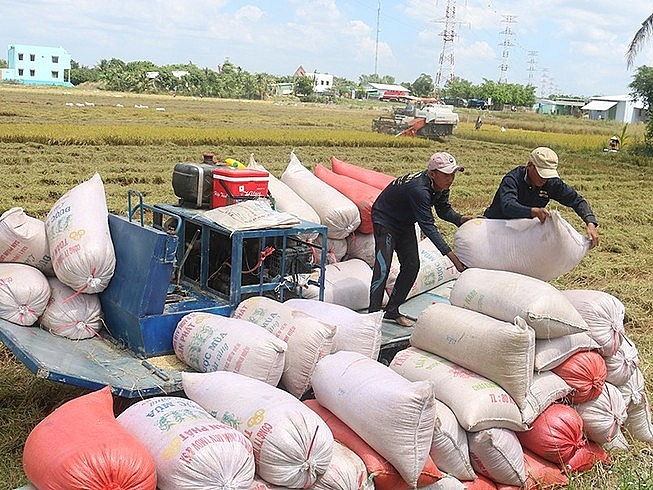 |
| Vietnamese rice has many market opportunities. Illustration photo: Baocongthuong.vn |
Referring to the tastes of UK consumers, Mr. Nguyen Canh Cuong, Counselor, Vietnam Trade Office in the UK, said that although the UK market does not have a consistent concept of good rice because each type of rice is associated with the consumer tastes of each ethnic community. However, in this country, there are some common standards for good rice such as: Rice grains must be 7mm or longer in length; when cooked, rice must be soft, sticky, non-sticky and fragrant. In addition, the rice must be clean and free of chemical residues or preservatives.
“If we actively market professionally, including promoting on local media in English, Vietnamese rice exporters will certainly increase their market share in the UK, including the market segment of restaurants serving Asian tourists, which accounts for a significant number of the tens of millions of tourists coming to the UK each year,” Mr. Nguyen Canh Cuong emphasized.
However, Mr. Nguyen Canh Cuong especially noted that over the past years, although Vietnam is a major rice exporter in the world, Vietnamese rice exported to the UK as well as many other countries is often sold under the brands of distributors, making consumers unable to recognize the origin of the rice from Vietnam. Therefore, building a brand is a long-term solution for Vietnamese rice to maintain its market share in the UK once the quality of Vietnamese rice has won over consumers. "At this favorable time, exporters need to take advantage of the "golden" opportunity to ask rice distributors in the UK to use the Vietnamese rice brand, instead of the distributor's brand, helping to raise awareness of British consumers about Vietnamese rice," Mr. Nguyen Canh Cuong suggested.
To increase the presence of Vietnamese rice in the UK market, the Vietnam Trade Office in the UK recommends that the Ministry of Industry and Trade encourage rice exporting enterprises to sign long-term supply contracts on the basis of balancing domestic food security with export demand; the State Bank considers increasing credit for enterprises purchasing rice for export. At the same time, it recommends that the Ministry of Agriculture and Rural Development support farmers to expand rice growing areas applying Global GAP to produce high-quality fragrant rice. Local authorities with large rice growing areas should implement programs to support farmers in rice varieties, safe agricultural materials, milling and preserving rice to meet the quality and consumer tastes of the market.
KHANH AN
*Please visit the Economics section to see related news and articles.
Source








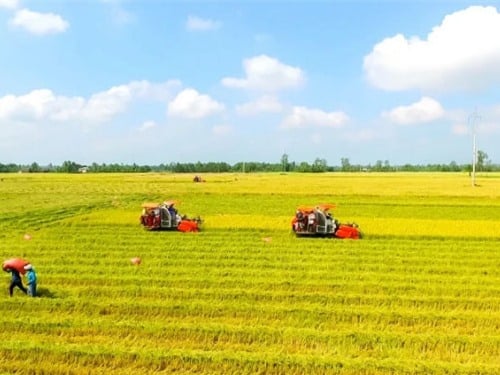

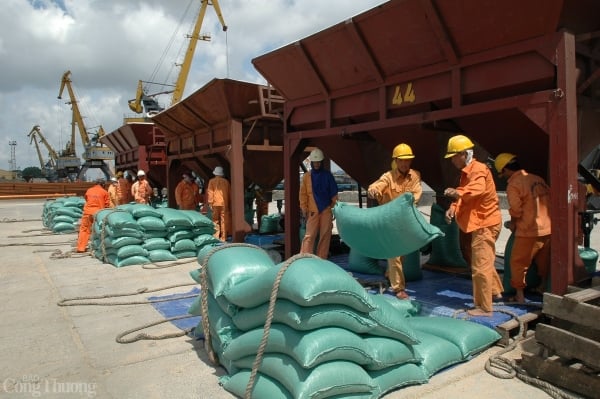

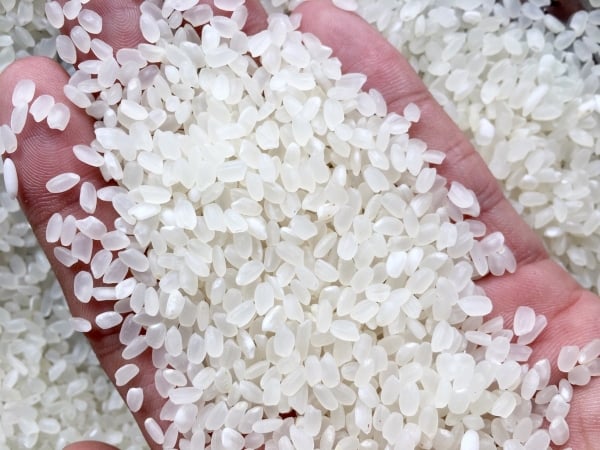
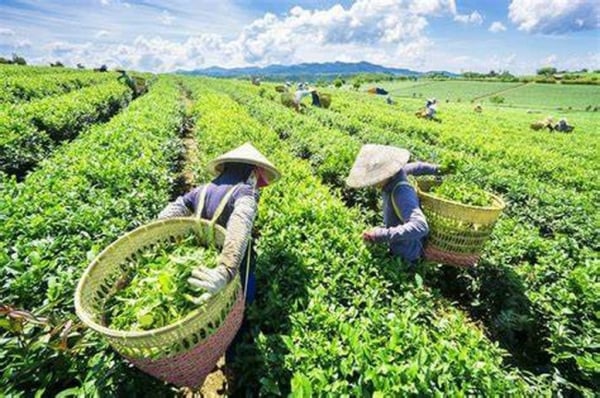
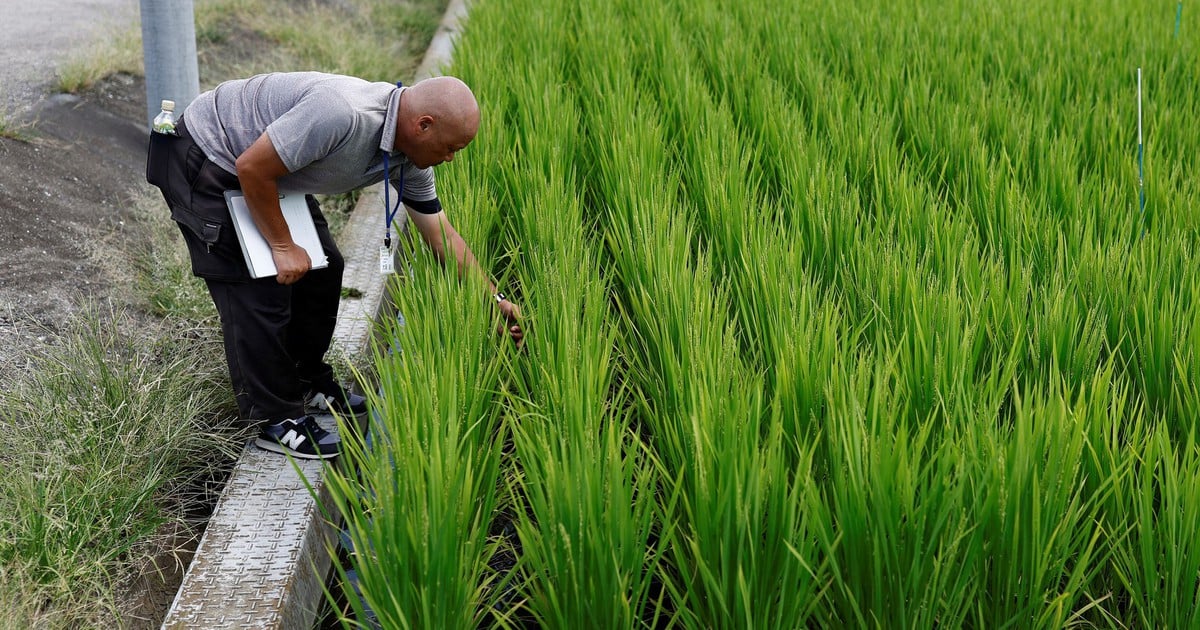

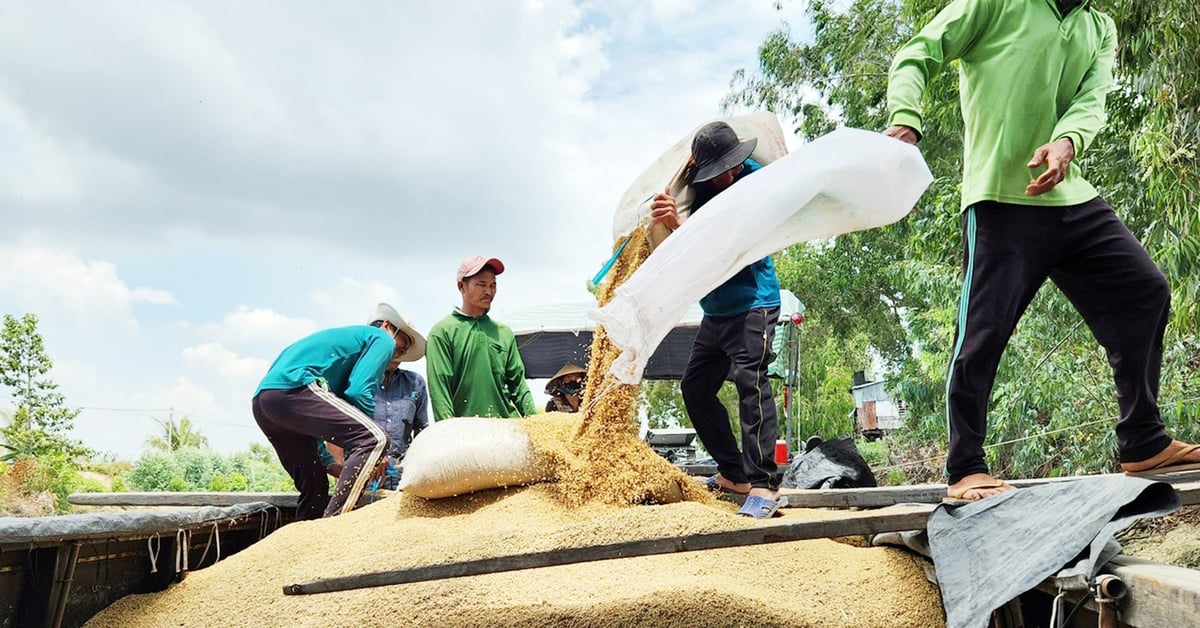

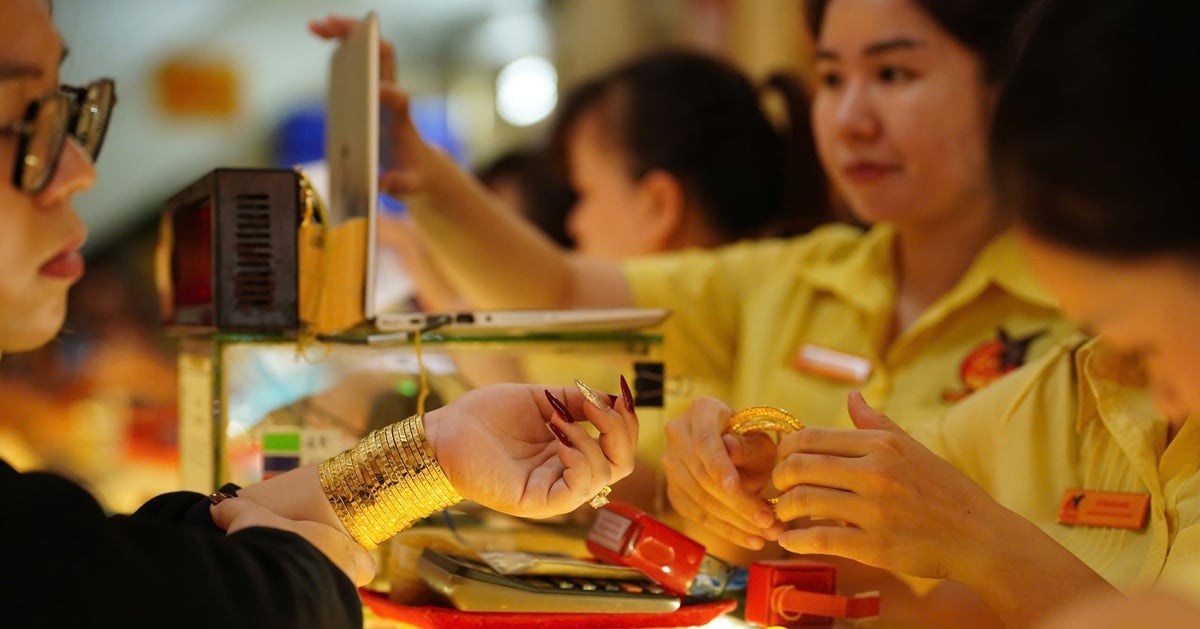
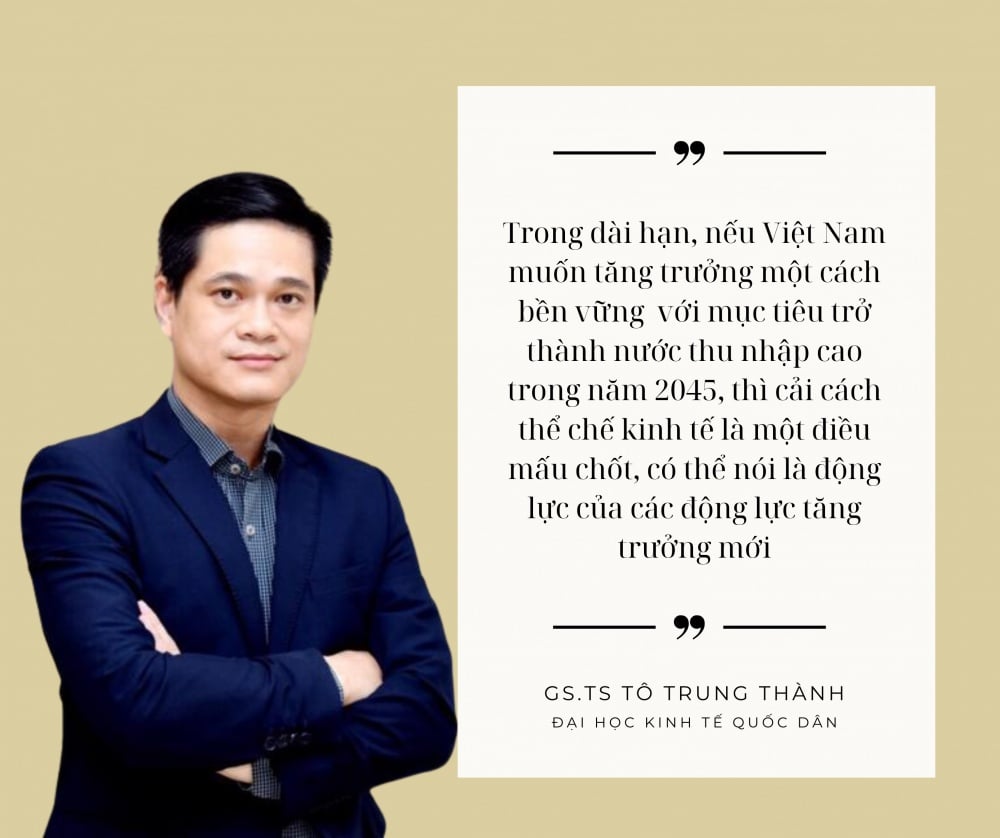
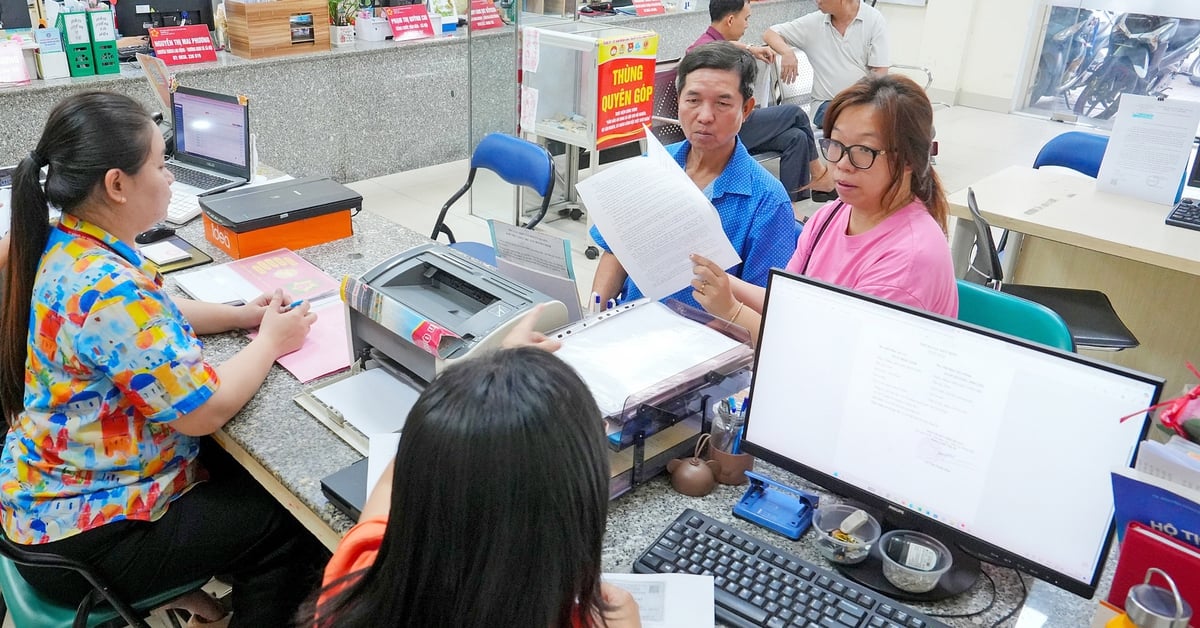
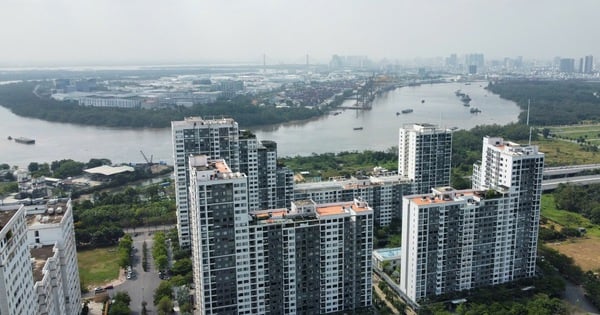







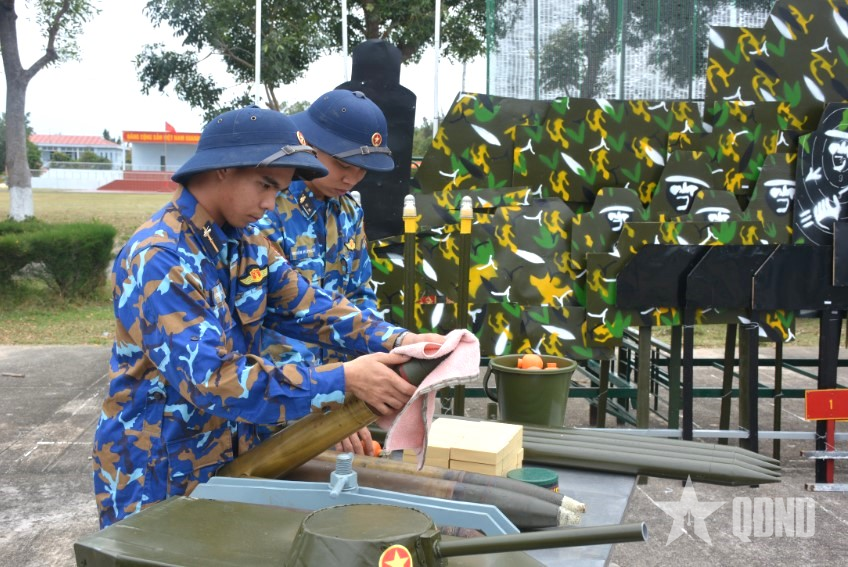
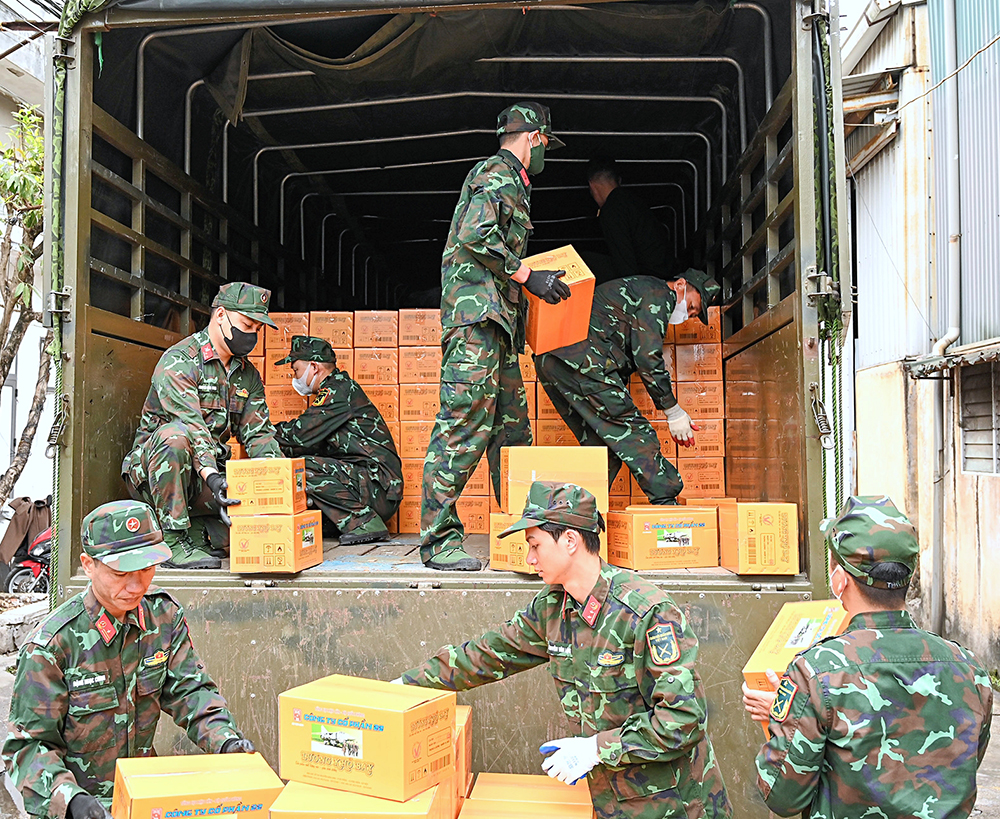
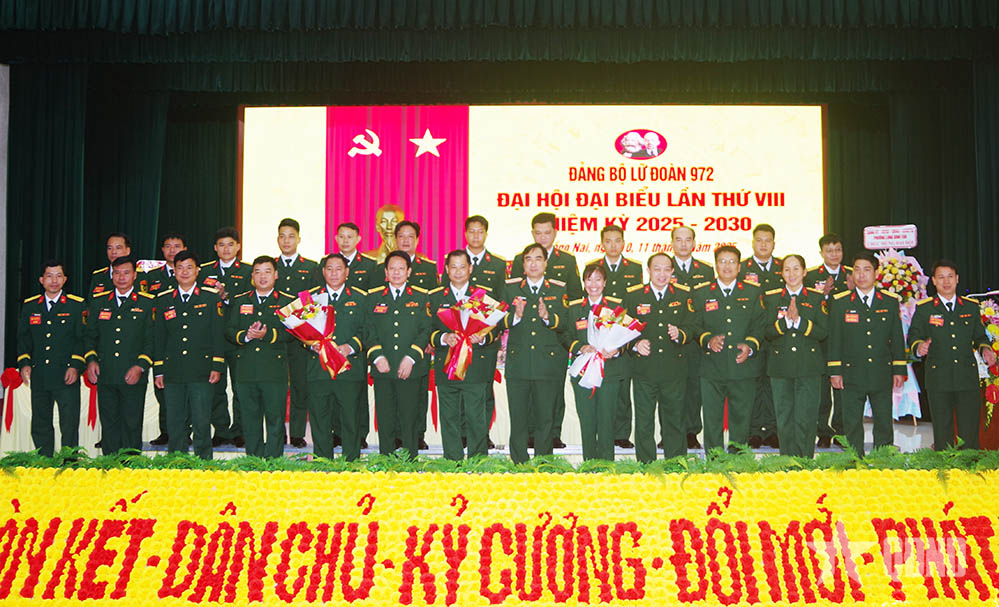
![[Photo] "Beauties" participate in the parade rehearsal at Bien Hoa airport](https://vstatic.vietnam.vn/vietnam/resource/IMAGE/2025/4/11/155502af3384431e918de0e2e585d13a)












































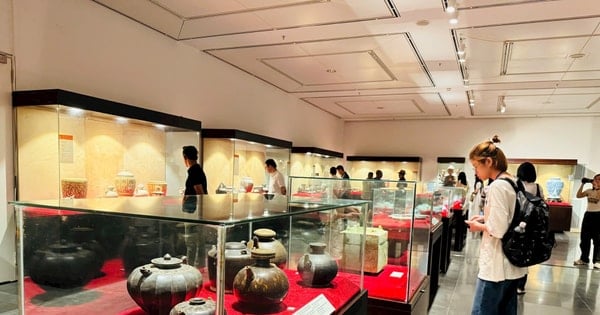

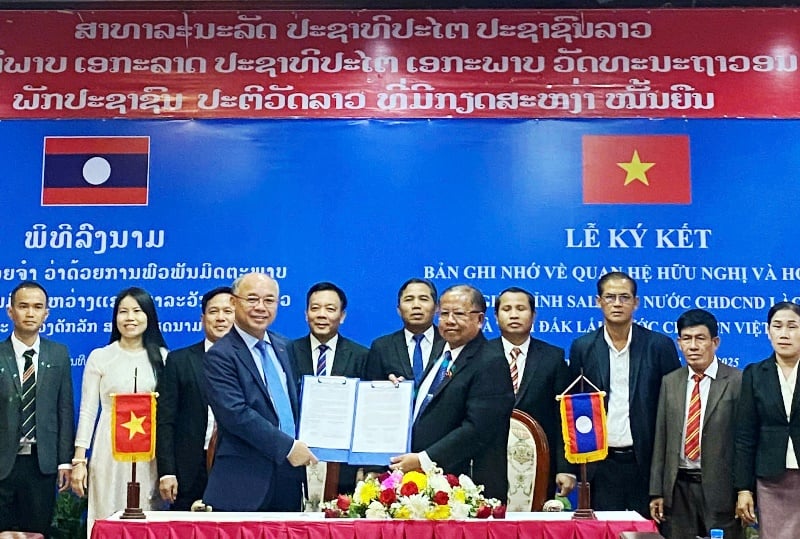
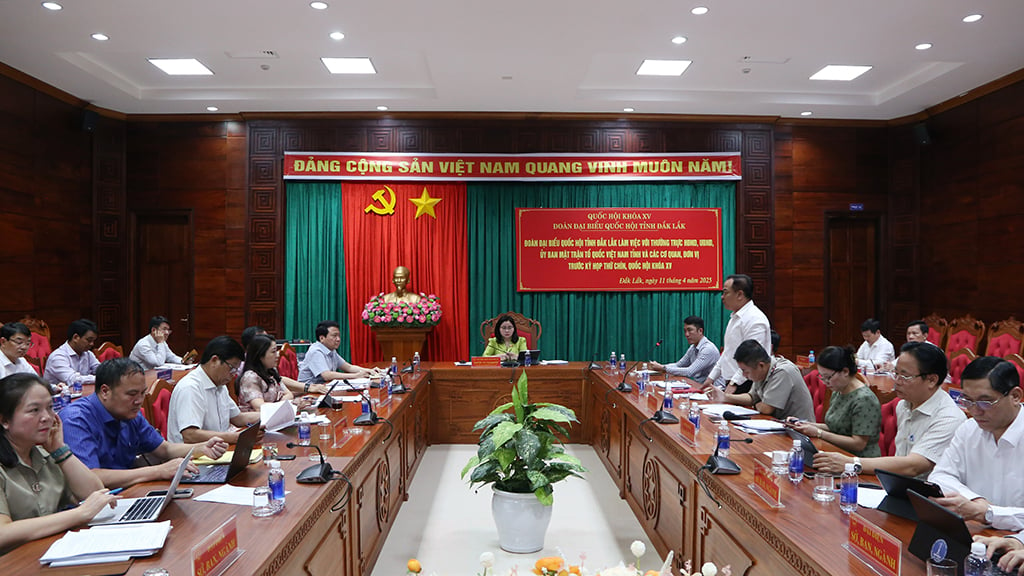
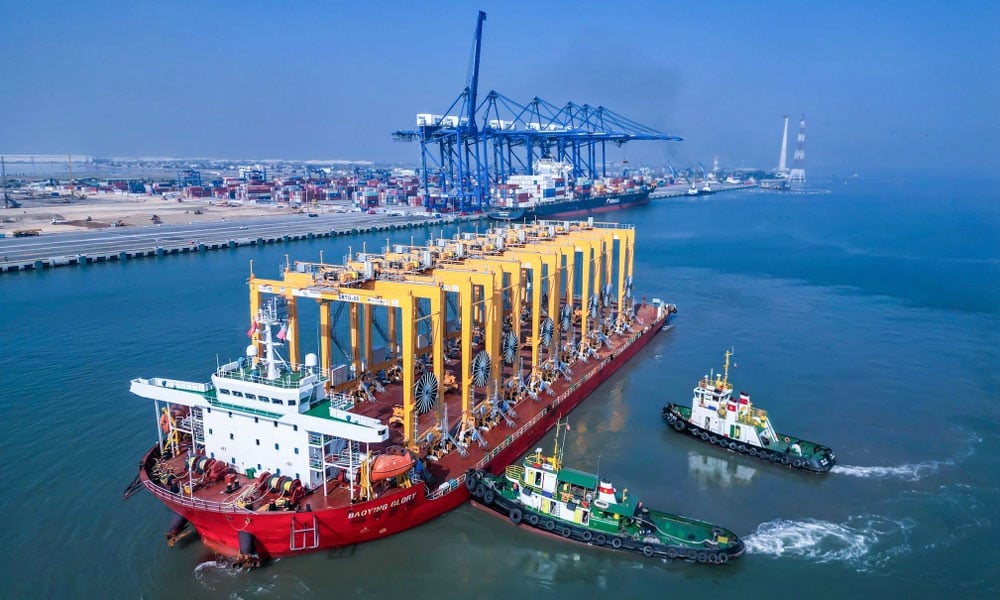

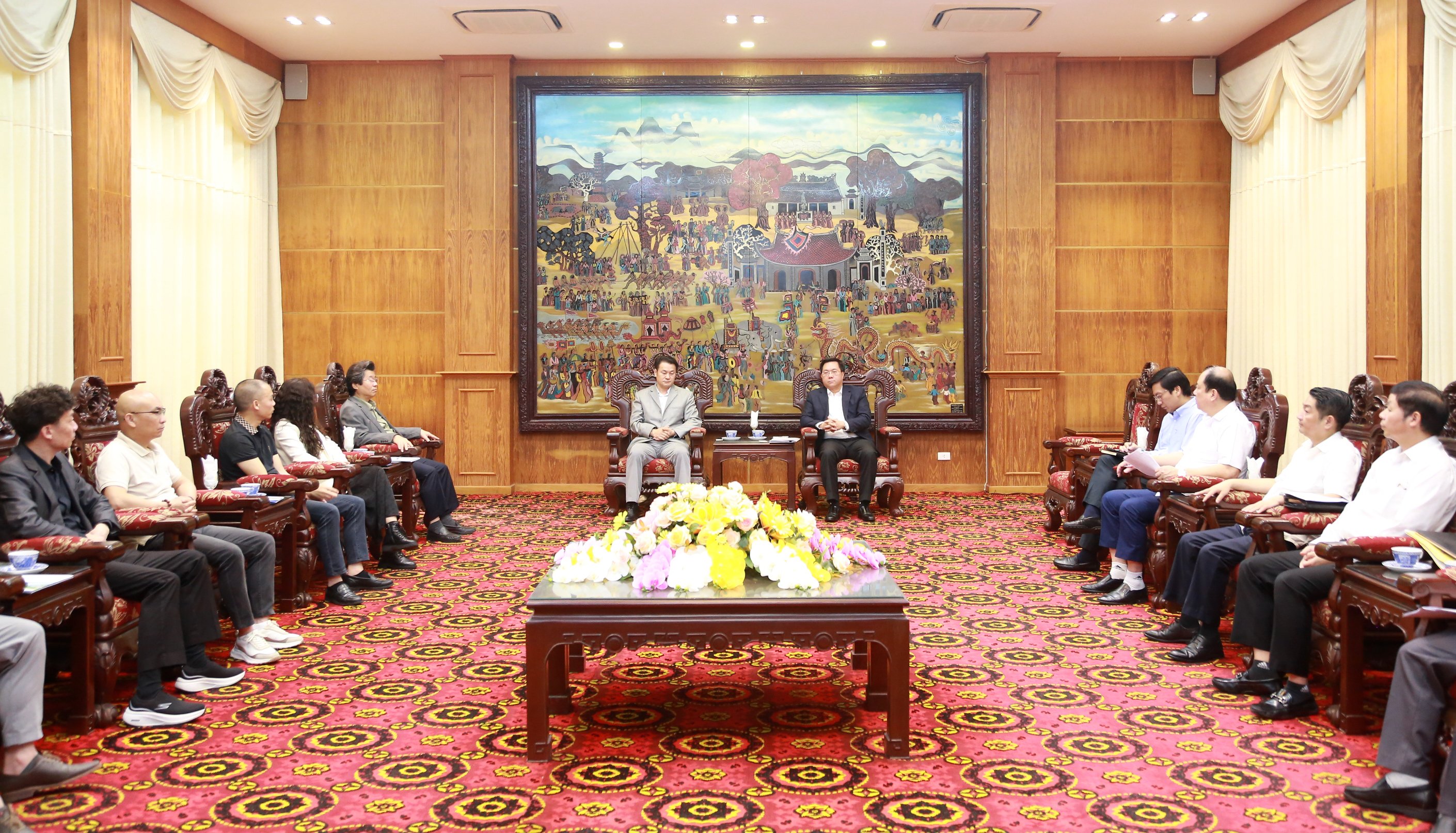
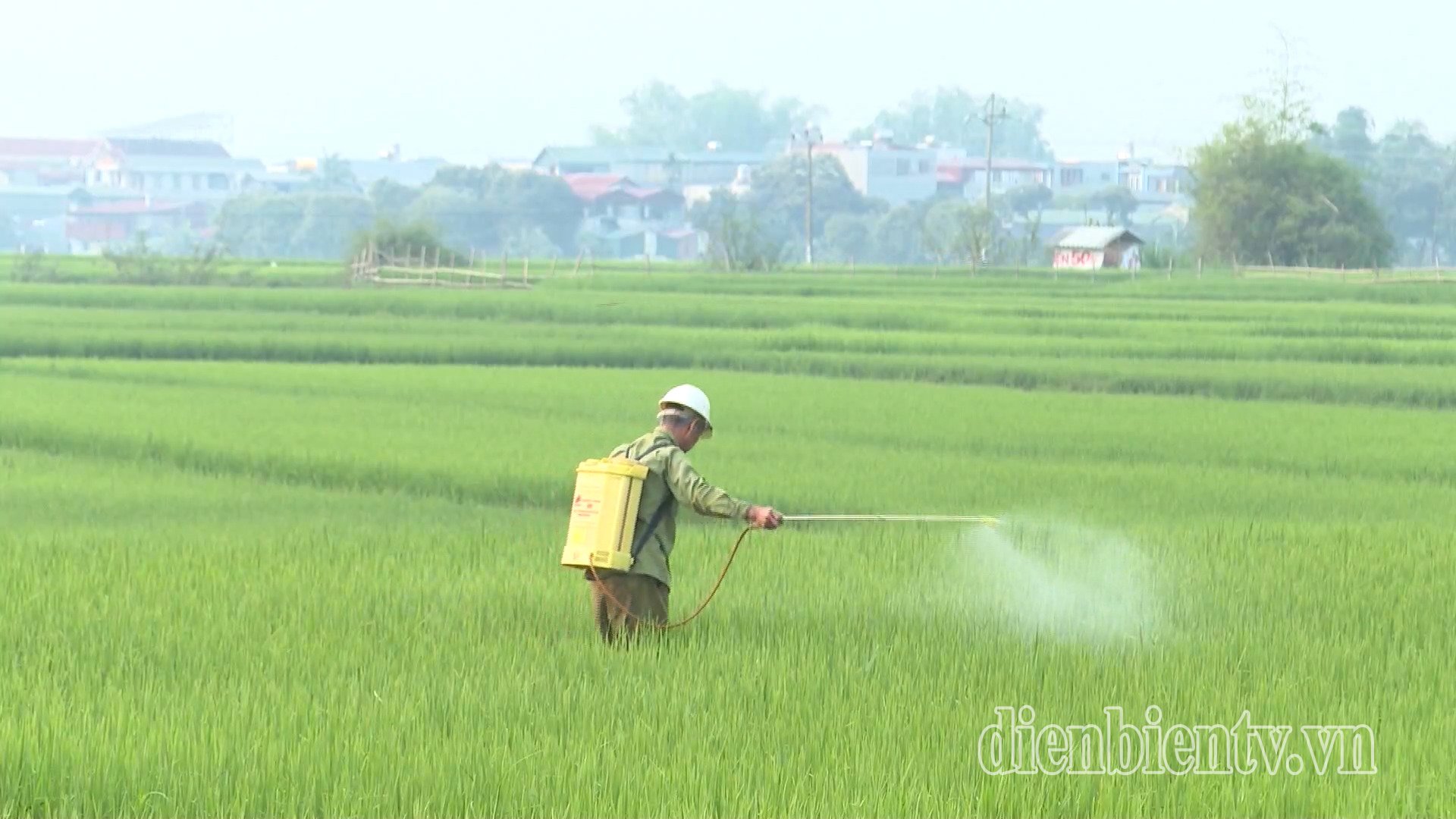










Comment (0)